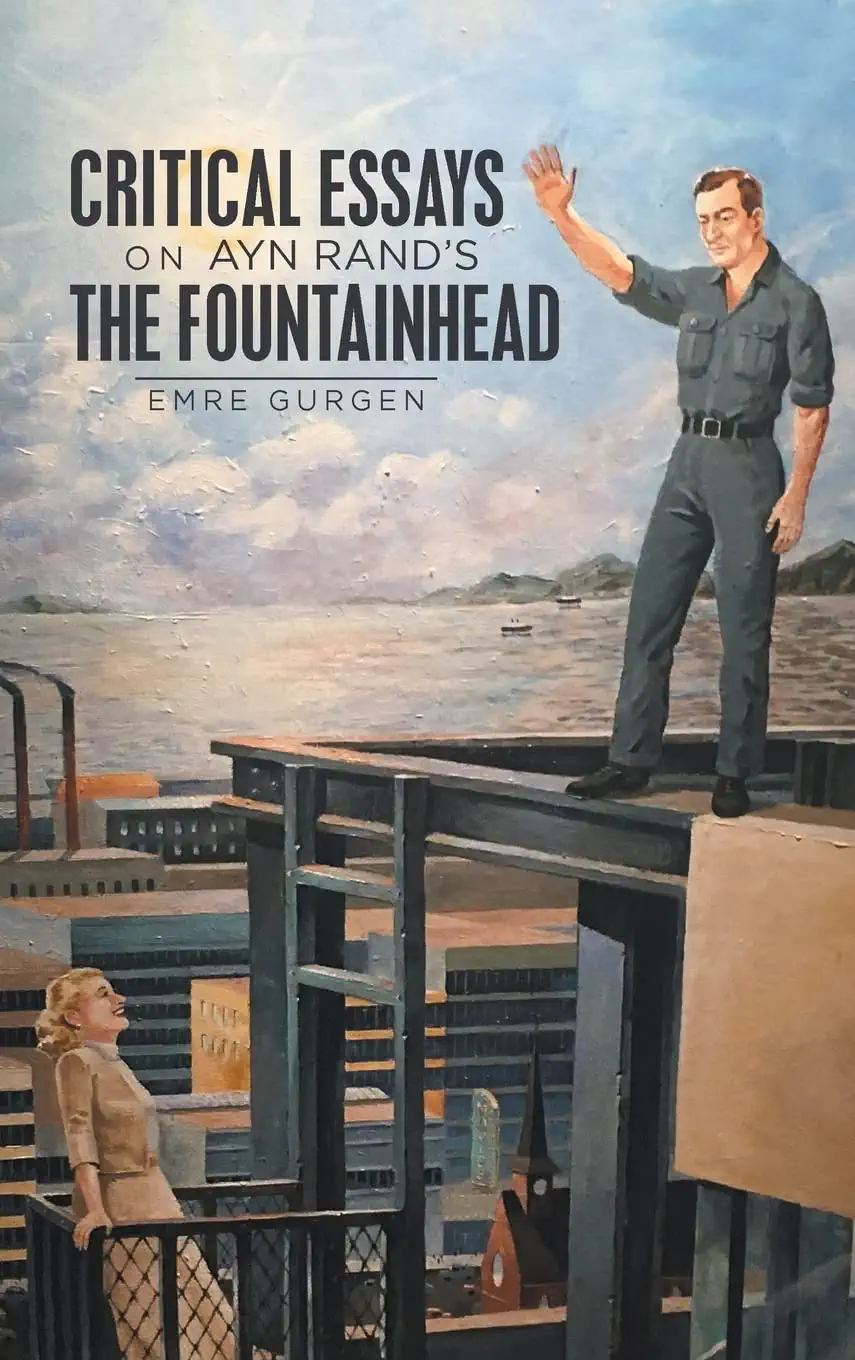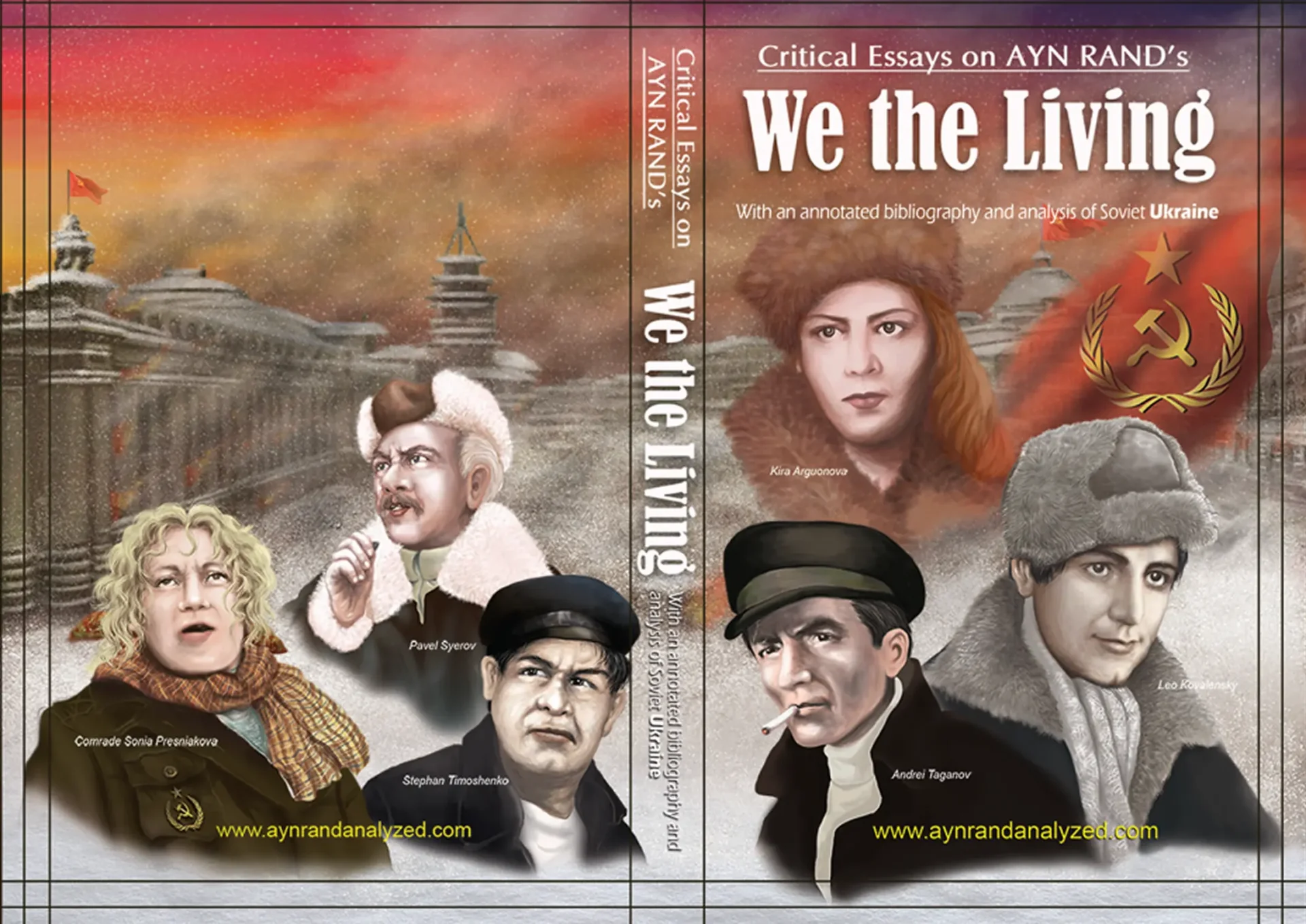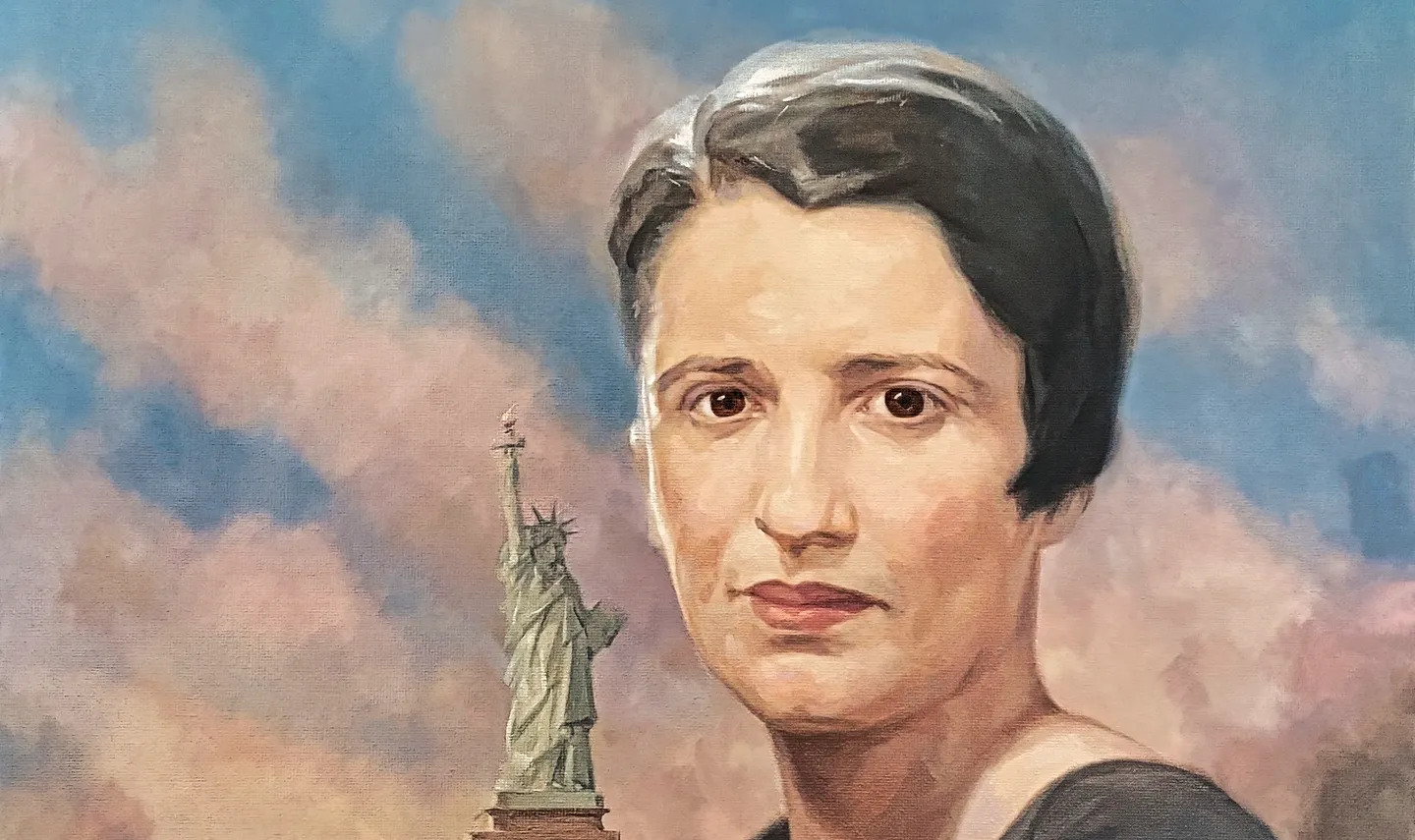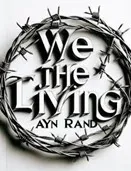
5.0 out of 5 starsHigh-Quality Analysis of Seminal Novel

5 Star Amazon Review
"Well-written, extremely well-researched, scholarly collection of essays on what the author calls 'the greatest American novel ever written'. I tend to agree. This book is thoughtful, searching, and a pleasure to read. And it enhances one's enjoyment of the classic 1943 novel itself."


How Emre’s books can help you analyze Ayn Rand’s books accurately?
Emre’s Reference Guides and Essay Books are useful. Since, they condense, and unify, information, from all over Rand’s novels, in a format that you can easily use and understand. In your own books, essays, journal articles, speeches, and school assignments. Since, Emre’s books will help you recall mostly all of Rand’s plot, characters, scenes, dialogue, settings, and action, in-depth. Sparing you the effort of searching through Rand’s books for aspects of her novels you remember but cannot locate. Since, Emre’s books organize (almost) all of Rand’s prose into easy, simple, direct, reader-friendly primers. That will help you in your own studies. Because they synergize basically all facets of all of Rand’s books into useful fact-patterns. Which you can analyze, and reference, in your own papers. To build your case.
Since, if you draw forward, and cite, Emre’s organization of Rand’s fiction in your own work, your scholarship will greatly improve. Since, your student papers, journal articles, monographs, theses, dissertations, and presentations, will be enhanced if you consult Emre’s books. For Emre’s Reference Guides and Essay Books are much broader, and more comprehensive, than any competitive work currently on the market. Since, Emre’s fat books unify basically all facts across all of Rand’s books. While other thin study guides and essay books do not.
For Emre’s Reference Guides assemble data on major characters, minor characters, ultra-minor characters, scenes, settings, weather patterns, living spaces, transportational modes, historical context, and much more. While his essay books do so, too.
Thus, Emre has already done the difficult legwork for you. By organizing Rand’s book-data into original theses and helpful study guides. Thereby, helping you accurately analyze Rand’s creative literature, with precision, coherence, originality, and creativity. From a specific, detailed, viewpoint. So, your theses are fully connected to the practical concretes of Rand’s novels. So, your thought pieces are fully tethered to what happens in Rand’s books. Instead of being unanchored, unconcretized, floating abstractions that drift away into la la land.
For Emre has already done the challenging preparation for you. By spending thousands of hours, over years of his life, organizing all the data that you need to excel. Thereby, saving you a lot of time, effort, difficulty, and hassle, in your own studies, while potentially upping the quality of your work, too.
This site analyzes Ayn Rand’s novels, novellas, screen plays, and stage plays:
1. The Fountainhead;
2. Atlas Shrugged;
3. We the Living;
4. Anthem;
5. Red Pawn;
6. Night of January 16th;
7. Ideal; and,
8. Think Twice
Accordingly, this website has a blog, with videos of Ayn Rand’s speeches, a raw data section, which organizes almost all facts from AR’s fiction; a sample essays and reference guides section, where you can read excerpts of what Emre has written so far; a select bibliography page that directs people to secondary resources on Rand’s fiction-and-nonfiction; a book proposals section, which synopsizes Emre’s books, outlines his marketing plan, and contrasts his works with the competition. (So, interested publishers can consider why Emre’s books should be traditionally published). Additionally, this website has a CV page, outlining Emre’s professional qualifications, a Scholars table, that lists the information of 229 Ayn Rand scholars—with links to their books,articles, speeches, dissertations, and abstracts—and more.






Why You Should Buy, Read, & Study Emre’s Reference Guides & Essay Books?
Emre’s Reference Guides will help you understand Ayn Rand’s fiction more accurately. By helping you locate information from “The Fountainhead,” “Anthem,” “We the Living,” “Atlas Shrugged,” “Red Pawn,” Night of January the 16th,” “Ideal,” and “Think Twice,” more easily. Specifically, their characters, scenes, buildings, locations, newspapers, groups, officials, institutions, organizations, and more, in an easily understandable format. With indexes, tables, biographies, glossaries, and original analysis. Thus, making it easier for people to find the data they are looking for. Since, Emre’s reference guides organize and condense almost all information from Rand’s books.
Emre’s Essay Books will help you clarify AR’s books. Since, his literary criticism focuses on what happens inside of AR’s novels, not what people think outside of them. So, that instead of arguing by declaration, without proof, or arguing from authority, without evidence, Emre’s books marshal and position book facts to prove a satisfying interpretive argument. From a text-centric line of reasoning, not a context-centric method of argumentation. Because Emre pulls his theses more out of specific book facts, and less out of other people’s knowledge. Ultimately, making Emre’s analysis objectively verifiable. Since, people can confirm Emre’s claims by referring to AR’s books. This, ultimately, is how Emre initiates and sustains logical reasoning on the main content of AR’s novels’, only using valid secondary research, once in a while, to prove his theses.
In other words, because Emre presents a radically original new look on well-worn material that intellectually contributes to Objectivism, scholars may like Emre’s essays on AR’s fiction. Because his writings present an original take on AR’s books. Perhaps, prompting some scholars to modify, enhance, even rethink, their intellectual positions on Rand’s novels. Since, Emre’s unique essays convey new lines of original analysis. So, that scholars who are tired of reading the shared, overused, ideas of conventional intellectuals may be invigorated by Emre’s refreshing essays. Thus, because Emre’s essays ask new questions and provide new answers—instead of just writing about things that have been written about before—it does not just topic-cover as some of AR criticism does.
Most importantly, you should purchase Emre’s books because Emre’s themes relate to regular people’s everyday lives. For his books are not abstract, literary discussions, unconnected to people’s real-world concerns. Rather, Emre’s books explain to young people how they can develop their own careers—based on what they love to do, like Howard Roark did—by working a series of integrated jobs, throughout their lives. So, that youths build their lives to success like Roark did.
Also, since Emre’s essays are governed by an all-controlling thesis as the basis for selection, they prove one theme, and only one theme, per essay. Referencing book facts, outside scholarship, and Emre’s own thinking, to illuminate AR’s fiction.
Further, because Emre’s essays are highly structured, from start-to-finish, with unique theses; orienting introductions; clarifying footnotes; vivid pictures; and searchable indexes; all parts of Emre’s books work together to seamlessly convey one point. With unified paragraphs, logical flow, relevant content, and topical sentences.
This, ultimately, is why Emre’s essay books will help you understand specific themes in Ayn Rand’s fiction, from a succinct viewpoint. Since, his criticism not only use precise words to convey exact thoughts but also because Emre varies the lengths of his paragraphs, uses sentences that logically continue what he wrote before, and uses a condensed economy-of-words to express his views.
In sum, you should buy, read, study, and quote Emre’s essays books. Since, they have a variety of clear and uniquely insightful theses; because they prove simple arguments smoothly and logically; because they provide expert analysis with no useless summary; because they use convincing evidence including references to and quotations from the text that are interpreted rather than merely cited; because they feature paragraphs that are unified, coherent, fully developed and in logical order; and, lastly, because Emre’s works have eloquent sentences that are not only grammatically correct but stylistically superb, especially in terms of clarity.




































